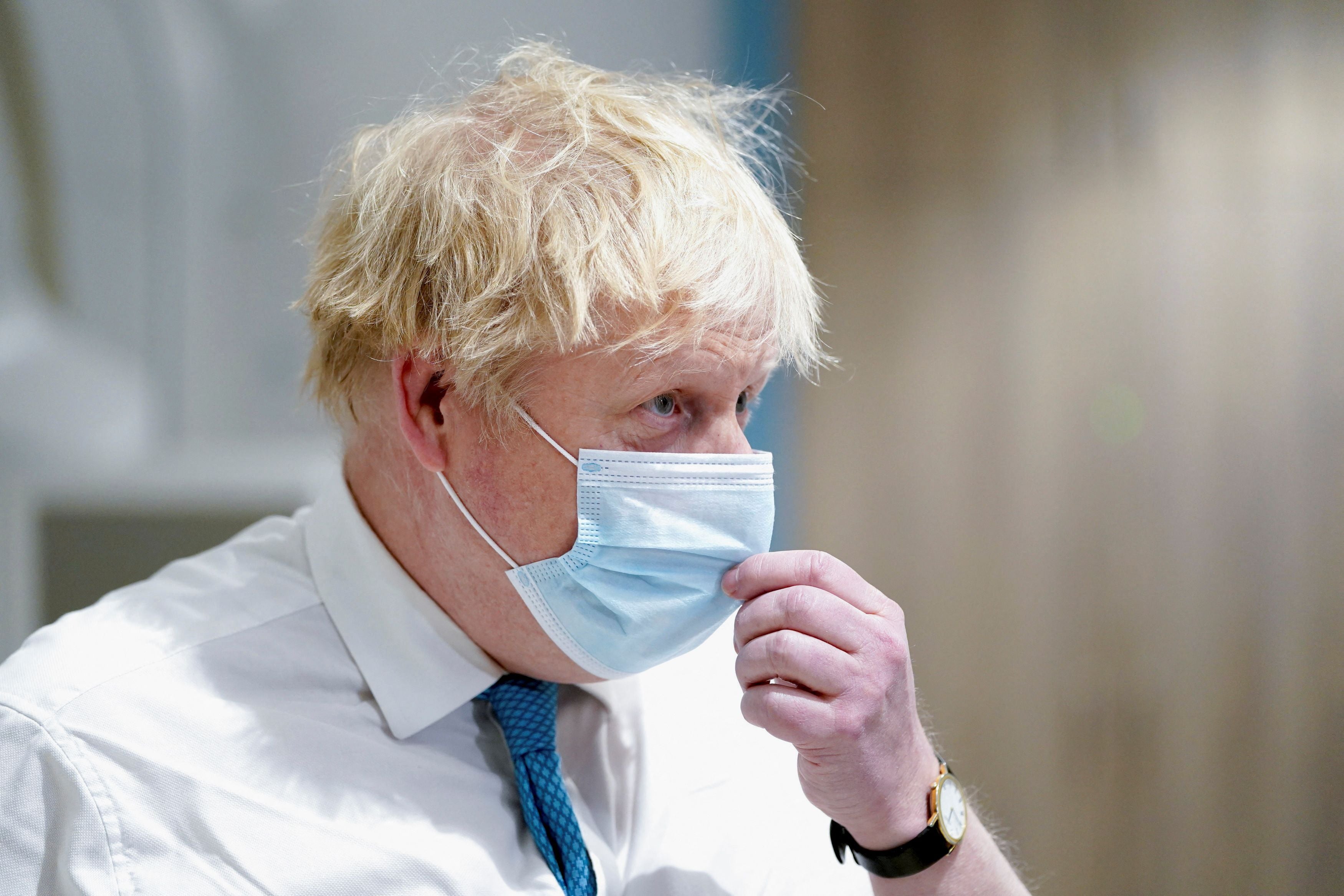Defiant Boris Johnson denies claims he was indecisive over lockdown as Covid gripped Britain
Former PM also insists he gave ‘highest priority’ to human life after inquiry heard he believed virus was nature’s way of dealing with the elderly
A defiant Boris Johnson has insisted it was his “duty” to “debate” the impact of Covid lockdowns after accusations he was slow to act as the deadly pandemic gained a foothold in Britain.
The former prime minister told the Covid inquiry he had a responsibility to consider whether lockdown did more harm than good.
In written evidence, he also insisted he attached the “highest priority to human life and public health” after the probe was told he believed the virus was nature’s way of dealing with the elderly.
No 10 staff also derided the dithering PM as “the trolley”, because he changed direction so often, the official investigation into the handling of the crisis heard.
In a page from his written submission to the inquiry, published after it was briefly shown during Thursday’s hearing, Mr Johnson said: “It is true that I have reflected (no doubt out loud and no doubt many times) about whether the lockdowns would do (and did do) more harm than good.”
He added: “We were between a rock and a hard place, the devil and the deep blue sea. We simply had no good choices, and it was necessary at all times to weigh up the harms that any choice would cause.”

"I was very worried about the economic harm caused by the action we took against Covid-19 and whether it would do more damage to the country than the virus itself.
"But I always attached the highest priority to human life and public health."
He said he would be "surprised” if he ever said that he had been manipulated or pushed into the first lockdown, he added.
The former prime minister is expected to give evidence in person to the inquiry later this year.
Earlier this week, his former communications chief Lee Cain said Mr Johnson would “often delay making decisions” and “change his mind on issues” after seeking advice from multiple sources.
During Brexit, that was a “great strength”, Mr Cain argued, but in Covid times “you need quick decisions and you need people to hold the course and have the strength of mind to do that over a sustained period of time and not constantly unpick things”, he said.

In his written evidence to the inquiry, Mr Cain said one challenge was that Mr Johnson would “occasionally oscillate between lockdown and other potential policy options”.
“The system works at its best when there is clear direction from No 10 and the prime minister, and these moments of indecision significantly impacted the pace and clarity of decision-making across government,” Mr Cain’s statement said.
Mr Johnson’s handling of the pandemic was also lambasted by his former chief of staff, Dominic Cummings.
In Whatsapp messages shown to the inquiry, he branded Mr Johnson “exhausting” and said the cabinet was “useless f***pigs” in another foul-mouthed tirade.
The messages showed the disdain he held for his former boss, as Mr Cummings claimed he had to sit with him for “two hours just to stop him saying stupid s***”.
He apologised for his “appalling” language in the messages but said it reflected “a widespread view” about the incompetence shown by ministers who were “dealing with this crisis extremely badly”.
Join our commenting forum
Join thought-provoking conversations, follow other Independent readers and see their replies
Comments
Bookmark popover
Removed from bookmarks